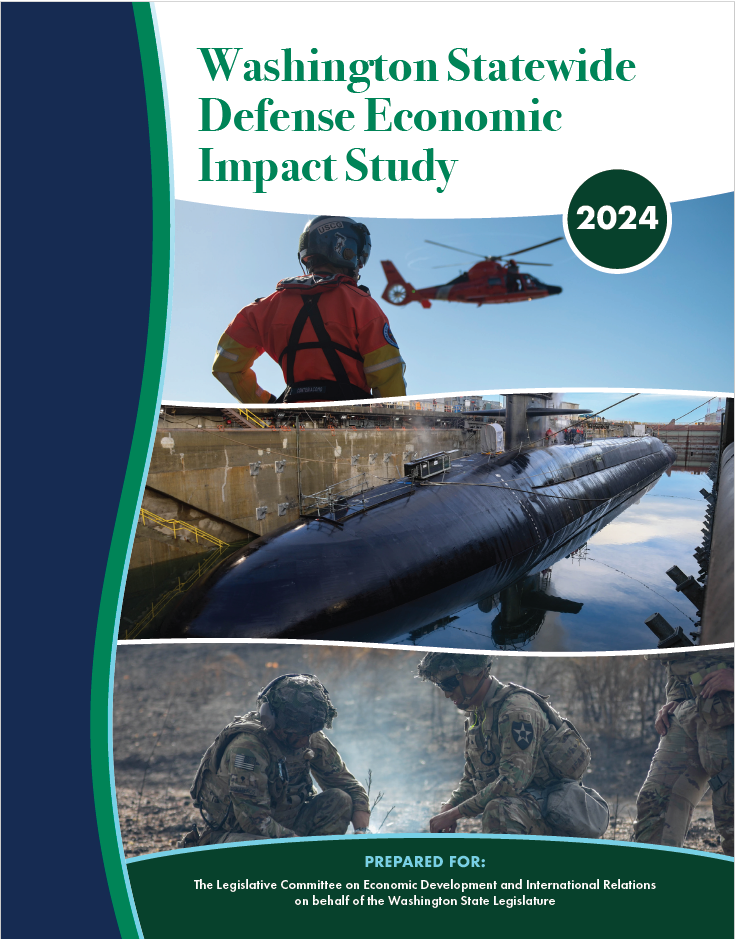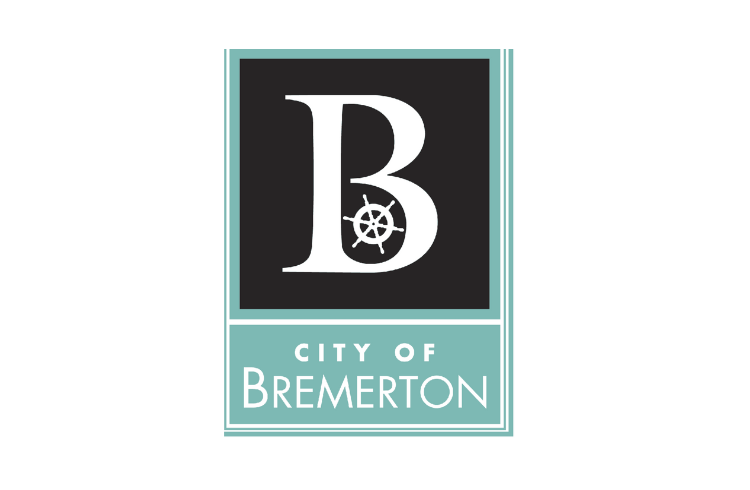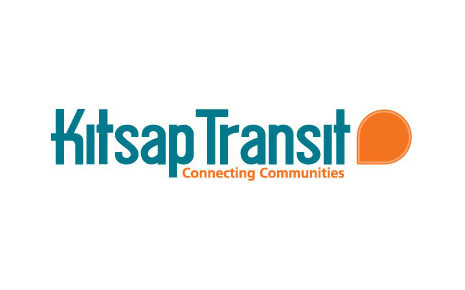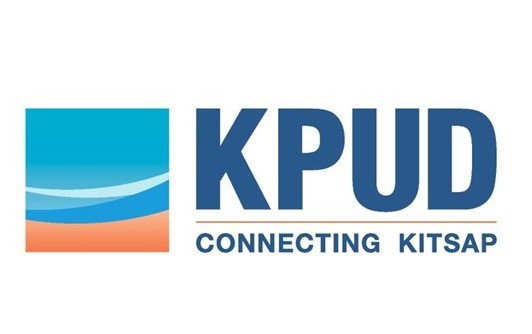Naval Base Kitsap: A Critical Economic and Strategic Asset

21 Nov 2024
Defense, Economy, SIOP, Naval Base Kitsap
Opinion: How to keep and grow defense-related economic impact in Washington
James Collins and Dave Zeeck to The Kitsap Sun
The military presence in Washington State is critical for national defense and an overwhelmingly positive force for the state’s economy.
To keep it that way the state needs a new strategy and approach – working at the governor’s direction – that focuses exclusively on protecting and growing defense-related economic impact.
That’s a pivotal conclusion of a recently released independent economic impact analysis commissioned by the Washington Legislature.
As the home to six major military installations, over 100,000 personnel, 185,000 military family members, and more than 525,000 veterans and retirees, the economic ripple effects of military activity in Washington are immense. The defense sector contributes to job creation, supports local businesses, and stimulates indirect economic benefits, making it an essential pillar of the state’s economic foundation. One of the clearest benefits of the military presence in Washington is its role in job creation and employment stability. In Fiscal Year 2023, defense expenditures directly supported 254,900 jobs, more than 5% of the state’s total employment. And the defense sector added $30.9 billion to Washington’s gross state product, about 4% of the total. This contribution surpasses other key industries, such as agriculture, clean technology, and even tourism.
But all defense installations and contracts have a lifecycle. It’s up to state leaders to make sure the positive economic impacts of military spending – especially on the local economies that connect bases and communities across Washington – grow and don’t dwindle. When Congress and military leaders look at whether to grow military activity in an area, they consider cost-effectiveness, harmony with state and local governments and planning authorities, and support for military activity within a state.
Here’s how the economic impact study evaluated Washington’s chances of keeping and growing the military impact on the state’s economy: “State leadership has a prime opportunity to extend its longstanding record of defense support to attract additional missions, enhance service member quality of life, and promote the defense economy, thereby contributing significantly to our national defense while reaping the economic benefits for the residents of Washington.” - Washington Economic Impact Analysis (WA EIA) 2024, Pg. 103
NAVAL BASE KITSAP

The study notes that to create this additional economic opportunity, the state needs to shore up some weak spots. For instance:
- Affordable housing, child care, and employment barriers faced by military spouses are challenges common to the six installations and operations studied: Joint Base Lewis-McChord; Fairchild Air Force Base; Naval Base Kitsap, and the nearby ordnance magazine; Naval Air Station Whidbey Island; Naval Station Everett, and the US Coast Guard.
- A separate, dedicated effort reporting to the governor is needed to develop strategies to ensure Washington takes full advantage of defense-related economic opportunities.
To address these challenges and others identified in the study, Washington needs a unified approach to defense/community coordination. California, Connecticut, Virginia and Florida – states that, like Washington, have robust defense-related economies – all have offices of defense affairs or the like. No such approach or strategy now exists in Washington.
The Washington Legislature should look to those and other successful states that have such efforts separate from the Veterans Department, state military department, and National Guard.
The study notes that states with some of the most defense activity have a common trait that Washington does not have: “a centralized organization composed of military and defense subject matter experts that reports to the Governor and communicates directly with installation leadership.” - WA EIA 2024, Pg. 97
The study says the key to encouraging Defense Department investment and enhancing service members’ quality of life is having a “robust military engagement organization” within the state that advocates for good housing, smooth transitions to civilian life, to educational opportunities, employment assistance, job benefits, and healthcare.
A statewide unified approach for defense community coordination should enable:
- A standardized, formal process for military and community coordination.
- A shared, collective statewide voice for advocacy on military affairs.
- Improved collaboration on initiatives of common interest such as funding to support land-use projects that promote community and military compatibility, childcare, housing, easier occupational licensing for military family members, further and more refined economic impact analyses, etc.
Washington is already home to more than 1,500 businesses that support and supply critical military assets and missions. They depend on the military, but so do we all.
To protect and grow our military-related economy we need state and local leaders to work together and create a cohesive, centralized organization to preserve and increase this segment of Washington’s economic future.
Washington must have a unified state-led strategy to grow our defense economy. Now is the time for our local, state and federal partners to make it happen.

James Collins is an executive consultant in leadership and business subjects. He is a retired Army Major General, and a former executive with Weyerhaeuser Company.

Dave Zeeck is a regent at the University of Washington and an emeritus board member of the Economic Development Board for Tacoma-Pierce County. He is a retired publisher of The (Tacoma) News Tribune, The Olympian, and The Bellingham Herald.
More Topics


Navy Leader Highlights Shipyards’ Vital Role in Fleet Readiness During Pacific Northwest Visit
Nov 19 2024














.png)

.png)




.png)



